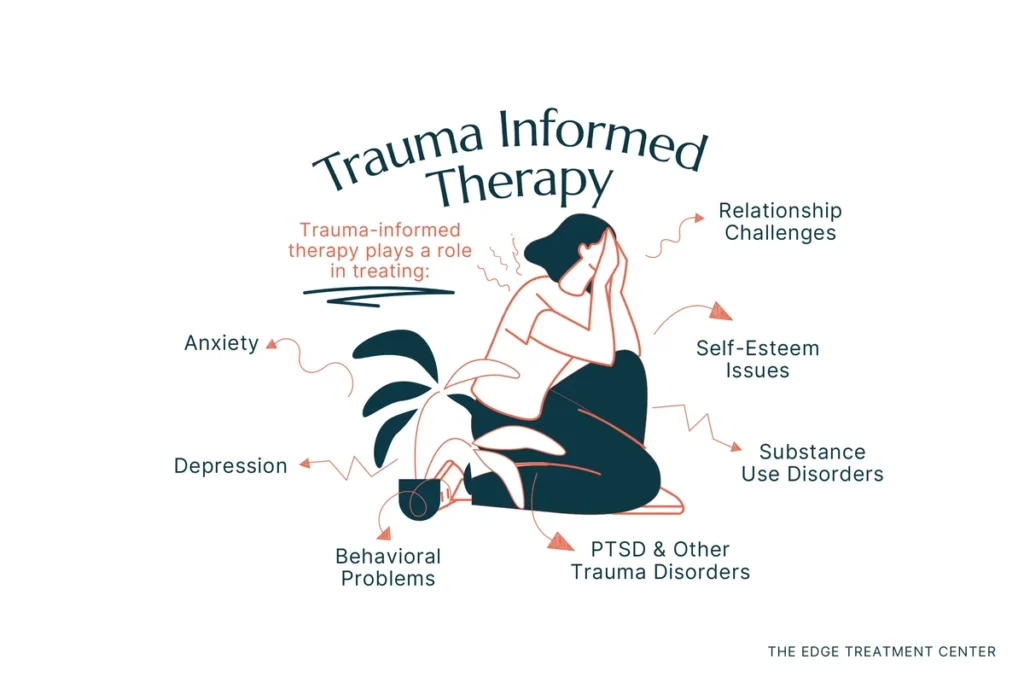
Trauma-Informed Meditation: Your Path to Healing
Transformative Mindfulness: Healing and Personal Growth Through Meditation
Finding balance in today’s non-stop world can be tough. Stress, anxiety, and old wounds can darken our view, leaving us yearning for peace. But here’s the good news: mindfulness and meditation, especially trauma-informed practices, can guide us toward personal growth and healing. In this post, let’s explore some practical insights from experienced experts that can help you weave mindfulness into your everyday life, sparking positive change.
Trauma-Informed Meditation: Your Path to Healing
John Taylor, a certified teacher of Mindfulness-Based Stress Reduction, shares a five-step meditation practice aimed at healing, particularly for those who’ve faced trauma. Let’s break these steps down into manageable actions you can easily include in your routine:
1. Find Your Space: Settle into a comfortable position—whether you’re sitting or lying down. There’s no need for a “perfect” pose; focus on feeling at ease.
2. Focus on Your Breath: Start to notice your breathing—just feel the natural rhythm without trying to change it. This simple act helps anchor you in the present, which is crucial for keeping anxiety and stress at bay.
3. Utilize Longer Exhalations: Try extending your exhales. Inhale for a count of four, then exhale for six. This little trick can help calm your body by activating the relaxation response.
4. Cultivate Patience: Remember, meditation is just that—a practice. It’s completely normal for your mind to wander. Acknowledge those thoughts without judgment and gently steer your focus back to your breath.
5. Close the Session Mindfully: As you wrap up your session, slowly transition back to your surroundings. Wiggle your fingers and toes, and when you’re ready, open your eyes. Take a moment to notice how you feel.
By consistently practicing these steps, you nurture a mindful state that’s essential for processing emotions and healing. Even when life gets tough, these techniques can help you regain a sense of control in the midst of chaos.
The Power of Breath: Your Calm Anchor
Breathing isn’t just something our bodies do; it’s a powerful tool for staying grounded—even when everything feels overwhelming. Practicing conscious breathing does more than just help you relax; it keeps you connected to the here and now.
Why Breathing Matters
In high-stress moments, our bodies may trigger a “fight or flight” response. But conscious breathing sends a message to your brain that you’re safe. Here’s how to make your breath your ally:
– Practice Daily: Carve out a few quiet minutes each day to focus on your breath. Over time, this practice will become second nature, and you’ll find it easier to tap into that calm during stressful situations.
– Breath Count: Try incorporating breath counting into your routine. Inhale for four counts, hold for four, and exhale for six. Keep repeating until a sense of calm washes over you.
Aden Van Noppen talks about the idea of impermanence in meditation. By recognizing that tough feelings don’t last forever, we can learn to navigate through them more easily. The more we consciously engage with our breathing, the more equipped we become for whatever life throws our way.
Community Healing and Racial Equity Through Mindfulness
John Taylor also highlights that mindfulness isn’t just something we do alone; it can play a vital role in community healing and social justice, particularly when it comes to racial equity.
Mindfulness for a Better Society
– Create Inclusive Spaces: Make mindfulness practices accessible in diverse communities. This not only enriches individual lives but also nurtures unity and understanding among people.
– Join Group Meditation: There’s something incredibly powerful about meditating together. Connect with local meditation groups that focus on inclusivity and mutual support.
Websites like Mindful.org offer a treasure trove of courses and community challenges that make mindfulness more approachable. Take a look and see what resonates with you, both personally and within your community.
Applying Mindfulness in Your Life
Ready to bring some mindfulness into your routine? Here’s a simple guide to get you started:
1. Start Small: Kick things off with short meditation sessions of just 5-10 minutes. As you feel more comfortable, you can gradually extend that time.
2. Add Mindfulness to Daily Activities: Try to be present while doing everyday tasks—whether it’s enjoying your meals, walking, or even taking a shower. Pay attention to what you feel and experience, letting distractions fall by the wayside.
3. Tap into Community Resources: Look for local workshops or online sessions focused on mindfulness. Sharing this journey with others can deepen your understanding and make your practice more fulfilling.
4. Create a Mindfulness Routine: Choose a specific time each day to practice mindfulness. The more consistent you are, the more you’ll notice the long-term benefits.
5. Reflect on Your Progress: Keep a journal where you can jot down your thoughts and emotional shifts over time. Recognizing your growth helps reinforce your commitment to this practice.
Conclusion
Mindfulness and meditation can be incredible allies in your journey toward personal growth and community healing. By exploring trauma-informed practices, focusing on your breath, and engaging with others in mindfulness, you’re not only nurturing your own well-being but also playing a part in creating a culture of understanding and resilience.
So, what do you think? Have you tried any mindfulness practices that have made a difference for you? I’d love to hear from you in the comments—let’s keep the conversation going! Together, we can build a mindful community dedicated to healing.
Written by Alexander Babinets
Founder of Express Fitness, certified coach, and author helping people get in shape without excuses.
📍 expressfitness.ca | 📩 info@expressfitness.ca
👤 More about me → alexanderbabinets.com
Hashtags: #mindfulness #meditation #healing #more #breath #into #practice #community #breathing #just #focus #growth #stress #here #trauma
